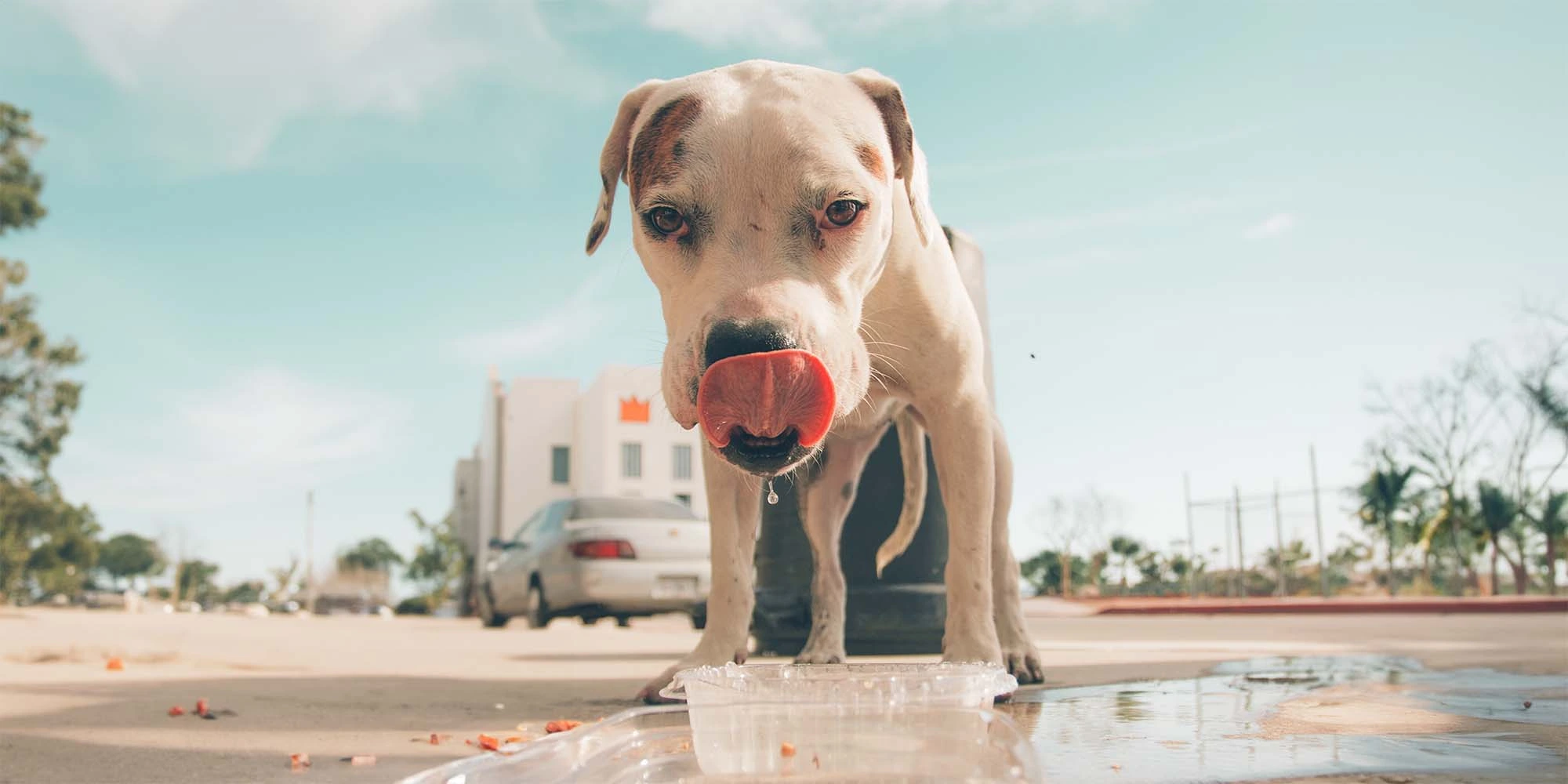Just like humans, dogs can indeed get hiccups. If you've ever noticed your dog making small, repetitive sounds or movements that seem similar to hiccups, you might be wondering what's going on. In this article, we'll explore why dogs get hiccups, what causes them, and when to be concerned.
What Are Hiccups?
Hiccups occur when the diaphragm, a muscle that helps with breathing, contracts involuntarily. This contraction causes a sudden intake of air, which is then abruptly stopped by the closing of the vocal cords, producing the characteristic "hic" sound. Hiccups in dogs work in much the same way as they do in humans.
Why Do Dogs Get Hiccups?
There are several reasons why dogs may experience hiccups. Most of the time, hiccups are harmless and temporary. Here are some common causes:
-
Excitement or Overstimulation: Puppies and younger dogs are more likely to get hiccups due to their higher energy levels. When a dog gets overly excited or plays vigorously, it can cause rapid breathing, leading to hiccups.
-
Eating or Drinking Too Fast: If your dog eats or drinks too quickly, they may swallow excess air, which can irritate the diaphragm and result in hiccups. This is a common reason for hiccups, especially in puppies.
-
Cold Temperatures: Exposure to cold air or drinking cold water can sometimes cause a dog's diaphragm to spasm, leading to hiccups.
-
Stress or Anxiety: Just like in humans, stress or anxiety can trigger physical reactions in dogs, including hiccups. Situations that make your dog nervous, such as car rides or loud noises, may lead to brief episodes of hiccups.
-
Digestive Issues: Sometimes hiccups can be a sign of minor digestive discomfort. For example, gas buildup in the stomach may irritate the diaphragm, causing hiccups.
Are Hiccups in Dogs Dangerous?
In most cases, hiccups in dogs are completely harmless and will resolve on their own within a few minutes. However, there are some situations where persistent or unusual hiccups may be a sign of a more serious condition. If your dog’s hiccups last for several hours or are accompanied by other symptoms, it may be time to consult a veterinarian.
When to Be Concerned About Dog Hiccups
While hiccups are usually no cause for concern, there are a few signs that could indicate a more serious underlying issue:
-
Persistent Hiccups: If your dog has hiccups that last for more than a few hours, it could be a sign of a respiratory or gastrointestinal issue.
-
Coughing or Wheezing: If your dog’s hiccups are accompanied by coughing, wheezing, or difficulty breathing, it may indicate a respiratory condition, such as asthma or bronchitis.
-
Vomiting or Diarrhea: If your dog has hiccups along with digestive symptoms like vomiting or diarrhea, it could be a sign of gastrointestinal upset or an infection.
-
Lethargy: If your dog seems unusually tired, weak, or disinterested in activities they normally enjoy, in combination with hiccups, it may be worth checking with a veterinarian.
How to Help a Dog with Hiccups
In most cases, hiccups in dogs will go away on their own without any intervention. However, if you want to help your dog get rid of hiccups faster, here are a few tips:
-
Encourage Slow Eating and Drinking: To prevent hiccups caused by gulping food or water too quickly, try to slow down your dog's eating habits. Use a slow feeder bowl or offer smaller, more frequent meals.
-
Hydration: Offer your dog a small amount of water to help soothe their diaphragm. Drinking water can sometimes help stop hiccups by calming the breathing pattern.
-
Calm Your Dog: If excitement or anxiety is the cause, help your dog relax. A gentle belly rub or some quiet time in a calm environment may help settle the hiccups.
-
Exercise: Sometimes light exercise, like a short walk, can help regulate your dog’s breathing and get rid of hiccups.
-
Warmth: If your dog’s hiccups seem to be triggered by cold air or water, keep them warm and avoid giving them cold water to drink.
Can Hiccups Be Prevented?
While it’s not always possible to prevent hiccups, there are a few things you can do to minimize the likelihood:
- Feed Smaller Portions: If your dog tends to gulp down their food, feeding them smaller portions or using a slow feeder can help prevent hiccups caused by swallowing too much air.
- Monitor Water Intake: Encourage your dog to drink water slowly by providing small amounts at a time, especially after exercise or play.
- Keep Them Calm: If your dog tends to get hiccups when excited, help them stay calm during playtime or transitions by offering breaks and quiet periods.
- Avoid Cold Water: Give your dog room-temperature water, especially if they seem to be sensitive to cold water causing hiccups.
Conclusion
Yes, dogs can get hiccups, and they are typically nothing to worry about. Most hiccup episodes are brief and caused by simple things like eating too quickly or getting excited. However, if the hiccups last a long time or are accompanied by other concerning symptoms, it’s best to consult your veterinarian. Understanding your dog's body language and health cues will help ensure they stay happy and healthy.


